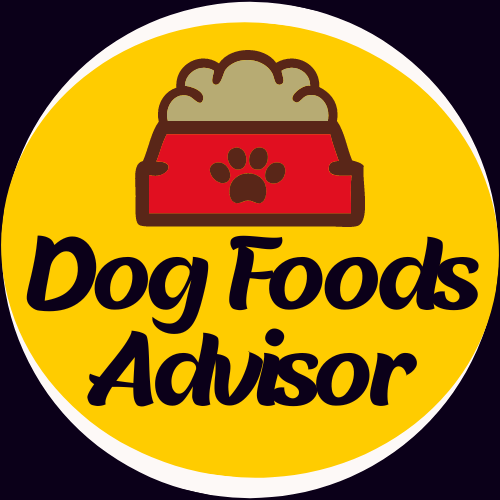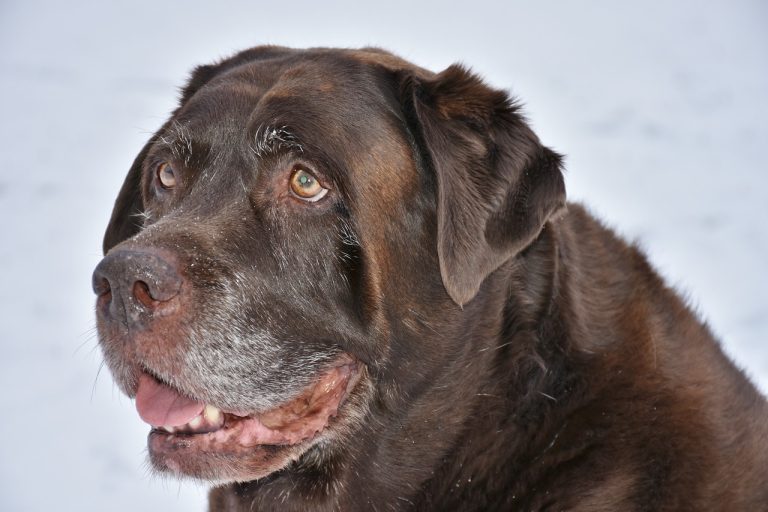How to choose the best senior dog food for your dog’s age and breed
As our loyal furry friend’s age, they may require a change in their diet to keep them healthy and happy. Older dogs have different nutritional requirements than their younger counterparts, and choosing the right food for your senior pup can be overwhelming.
Not all dog foods are created equal, with each breed having specific needs that must be met. We’ll help you navigate the confusing world of senior dog food so you can choose the best nutrition for your aging companion based on their breed and age.
Table of Contents
- How do I know my dog’s age?
- Choosing a senior dog food
- Deciding Calories of the Dog according to Age
- What else should I consider when choosing a senior dog food?
As our furry friends age, their nutritional needs change too. Choosing the right food for your senior dog is crucial to help them live a healthy and happy life in their golden years. However, with so many different brands and types of senior dog food on the market, it can be overwhelming to select the best one for your pooch’s age and breed. That’s why we’ve put together this ultimate guide on how to choose the perfect senior dog food – from understanding your pet’s dietary requirements to picking out quality ingredients that match their specific needs. So, whether you have a tiny Chihuahua or a large Great Dane, let’s get started on finding the ideal diet that’ll keep them barking with joy!
How do I know my dog’s age?
If you have a dog that is reaching the end of his or her lifetime, it’s important to feed him or her food that will provide the best possible nutrition. There are a few things you can do to help determine your dog’s age. One way is to look at their teeth. as dogs get older, their enamel begins to wear down and their teeth may need more frequent brushing.
Another indicator of a dog’s age is muscle mass. As a dog ages, they may lose muscle mass and fat, which will make them look older. Finally, if you adopt a senior dog from a shelter or rescue organization, be sure to ask about his or her age before bringing him or her home…assuming the information is available.
Choosing a senior dog food
When choosing a senior dog food, you’ll want to consider the individual’s age and breed. Different breeds of dogs have different needs when it comes to their diet, so it’s important to do your research before making a decision.
For example, some older dog foods may contain more salt or fatty acids than other brands because they’re meant to maintain pet health and seniors may often require more of these nutrients. You might also want to look for foods with probiotics, antioxidants or magnesium because these are all good for elders’ immune systems.
When narrowing down your choices, it can be helpful to think about what your senior dog enjoys eating. If he’s a gut-type eater, try a brand that has plenty of digestive enzymes. Likewise, if she loves fresh fruits and vegetables then make sure the food contains those items as well.
Aside from providing nutrients and vitamins essential for good aging, senior dog food should also be low in sugar (or lack thereof). Too much sugar can lead to weight gain and diabetes in dogs, so finding a nutritious food without added sugars is ideal.
Deciding Calories of the Dog according to Age
There are many factors to consider when choosing the best food for a senior dog. One key factor is calorie content. Older dogs tend to be less active and consume fewer calories than younger dogs. To maintain their health and weight, older dogs may need a lower calorie food.
Another consideration is the type of nutrition that is in the food. Some senior dog foods are made with ingredients that are specifically beneficial to older dogs, such as antioxidants or omega-3 fatty acids. In addition, some brands have specially formulated recipes that include low levels of sugar or sodium to ensure optimal health.
It’s important to consult with your veterinarian as you choose the right food for your senior dog. He or she can help you narrow down which foods are best for your pet and make sure they’re getting the nutrients they need to stay healthy and happy.
What else should I consider when choosing a senior dog food?
There are a few things to consider when choosing the best senior dog food for your dog. The first and most important thing is to make sure that the food contains the right nutrients, proteins and vitamins that will keep your dog healthy as they age. Secondly, it is important to choose a food that your dog will enjoy eating. Finally, it is important to take into account your dog’s weight and activity level when selecting their food.
There are many things you should consider when choosing the best senior dog food for your dog’s age and breed. The best food will provide nourishment and support as your dog ages, while still meeting his or her other nutritional needs. Additionally, be sure to check the ingredients list to make sure there are no harmful ingredients. Here are a few additional factors to consider:
- Size: Senior dogs tend to have higher caloric requirements than younger dogs do, so make sure the food you buy provides enough sustenance. Senior dogs tend to have higher caloric requirements than younger dogs do, so make sure the food you buy provides enough sustenance.
- Quality of Life : What matters most to a senior dog is quality of life, not just nutrition. You should choose food that helps keep him or her feeling energetic and healthy throughout the day. What matters most to a senior dog is quality of life, not just nutrition. You should choose food that helps keep him or her feeling energetic and healthy throughout the day.
- Specific Health Conditions: Some seniors suffer from specific health conditions, such as diabetes or heart disease, which may require special care in regard to their diet. Speak with your veterinarian about what foods would be best for your pet’s condition.
Conclusion
It can be tough to find a diet that is specifically tailored for senior dogs, but with a little research you can ensure that your dog thrives on the best food possible. Read ingredient lists carefully and make sure that the food contains enough essential nutrients and none of the harmful compounds common in convenience store dog foods.
Keep in mind also your dog’s breed, age, size and weight to determine what kibble will be best suited to his or her health requirements. Be sure to ask your veterinarian about any specific dietary restrictions or recommendations that they may have. Dog food is an important part of pet care, so do your homework and give your aging pup the best home-cooked meal of his life!




